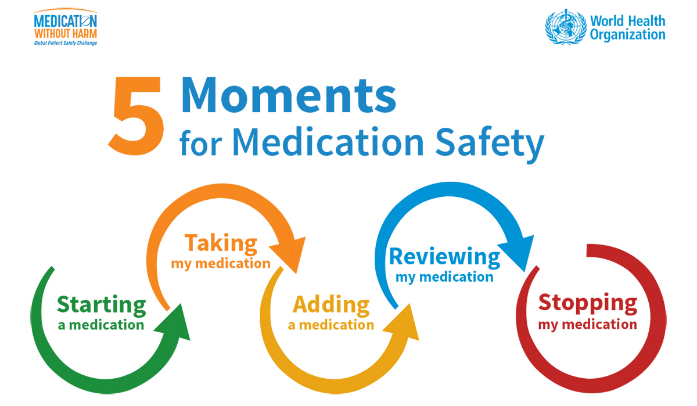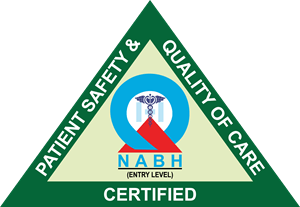Medication Safety and Quality Assurance
What Is Medication Safety and Quality Assurance ?
Medication safety and quality assurance are critical aspects of healthcare that focus on ensuring that medications are used safely and effectively to achieve the best possible health outcomes for patients. These practices involve a range of strategies and protocols designed to prevent medication errors, minimize risks, and maintain high standards of quality in the medication use process.
Error Prevention: Medication safety measures are implemented to reduce the likelihood of medication errors, which can include prescribing, dispensing, administering, and monitoring errors. Safe Medication Handling and Storage: Proper procedures for storing, handling, and preparing medications are followed to maintain their integrity and effectiveness. This includes considerations for temperature, light exposure, and other environmental factors. Labeling and Packaging Standards: Medication labels are clear, accurate, and easy to read, providing essential information such as the drug name, strength, dosage instructions, expiration date, and any relevant warnings or precautions. Double-Checking Procedures: Healthcare providers, including pharmacists and nurses, may employ double-checking protocols to ensure accuracy when dispensing or administering high-risk medications or in situations where the consequences of an error could be severe. Use of Technology: Technology systems, such as computerized physician order entry (CPOE) and barcode scanning, are utilized to automate and verify various steps in the medication use process, reducing the risk of errors. Education and Training: Healthcare professionals receive ongoing education and training in medication safety practices to stay updated on best practices and to ensure that they are aware of potential risks associated with specific medications. Overall, medication safety and quality assurance are fundamental components of providing safe and effective healthcare. They help protect patients from harm, optimize treatment outcomes, and maintain trust in the healthcare system.

What Is The Main Cause Of Medication Safety and Quality Assurance ?
The main cause of medication safety and quality assurance is to ensure that medications are used safely and effectively to achieve the best possible health outcomes for patients. This involves a range of strategies and protocols aimed at preventing medication errors, minimizing risks, and maintaining high standards of quality in the medication use process. Here are the key reasons behind medication safety and quality assurance:
- Patient Safety: The primary goal is to protect patients from harm associated with medication errors, adverse reactions, or inappropriate medication use.
- Optimizing Treatment Outcomes: By ensuring that medications are prescribed, dispensed, and administered correctly, healthcare providers aim to achieve the best possible therapeutic effects for patients.
- Reducing Medication Errors: Medication safety measures are implemented to minimize the occurrence of errors at various stages of the medication use process, including prescribing, dispensing, administering, and monitoring.
- Compliance with Regulatory Standards: Adhering to local, state, and federal laws and regulations governing medication use is essential to ensure legal and ethical practices in healthcare.
Overall, medication safety and quality assurance are fundamental to providing high-quality healthcare. They help protect patients, optimize treatment outcomes, and maintain the integrity and trustworthiness of the healthcare system.
Clinical Services
Facilities
24 Hours Services



